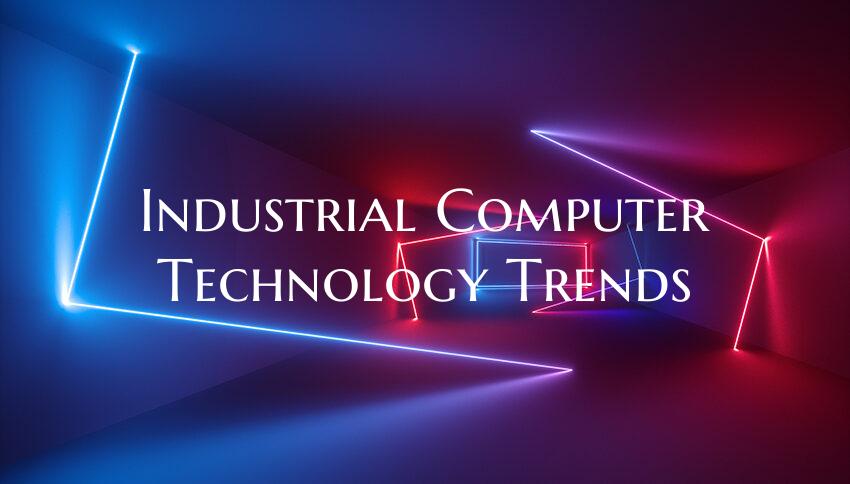Industrial Computer Technology Trends
In today's rapidly evolving industrial landscape, advancements in computer technology play a crucial role in enhancing efficiency, productivity, and automation processes. From smart factories to Internet of Things (IoT) integration, industrial computer systems are at the forefront of transforming traditional manufacturing and production environments. Let's delve into some of the latest trends shaping the industrial computer technology sector:
1. Edge Computing: Industrial environments require real-time processing of data to make timely decisions. Edge computing brings computation and data storage closer to the data source, reducing latency and enabling faster response times. This trend allows for efficient data processing at the edge of the network, enhancing overall system performance.
2. AI and Machine Learning: Industrial computer technology is increasingly leveraging artificial intelligence (AI) and machine learning algorithms to optimize processes, predict maintenance needs, and enhance quality control. These technologies enable machines to learn from data, identify patterns, and make intelligent decisions autonomously, leading to improved efficiency and reduced downtime.
3. Cybersecurity Measures: As industrial systems become more interconnected and digitized, ensuring robust cybersecurity measures is paramount. Industrial computer technology trends include the implementation of advanced security protocols, encryption techniques, and intrusion detection systems to safeguard critical infrastructure from cyber threats and unauthorized access.
4. Industrial Internet of Things (IIoT): The integration of IoT devices in industrial settings is revolutionizing operations by enabling seamless connectivity and data exchange between machines, sensors, and control systems. Industrial computer technology trends focus on leveraging IIoT to create smart factories that enhance operational visibility, optimize resource utilization, and enable predictive maintenance.
5. Wireless Connectivity: The adoption of wireless communication technologies such as Wi-Fi, Bluetooth, and LoRa is gaining traction in industrial computer systems. Wireless connectivity offers flexibility, scalability, and mobility within industrial environments, enabling remote monitoring, control, and data transmission across the facility.
6. Cloud Computing and Big Data Analytics: Industrial computer technology trends emphasize the integration of cloud computing services and big data analytics to store, process, and analyze vast amounts of data generated by industrial equipment. Cloud-based platforms offer scalability, accessibility, and cost-efficiency, allowing companies to harness actionable insights for process optimization and decision-making.
7. Human-Machine Interaction: Industrial computer technology is focusing on enhancing human-machine interaction through intuitive user interfaces, augmented reality, and virtual reality applications. These technologies improve operator efficiency, training processes, and troubleshooting tasks, creating a more collaborative and productive work environment.
In conclusion, industrial computer technology trends are driving innovation, automation, and efficiency across various industrial sectors. Embracing these trends can empower organizations to stay competitive, adapt to evolving market demands, and capitalize on the benefits of next-generation industrial computing solutions.

